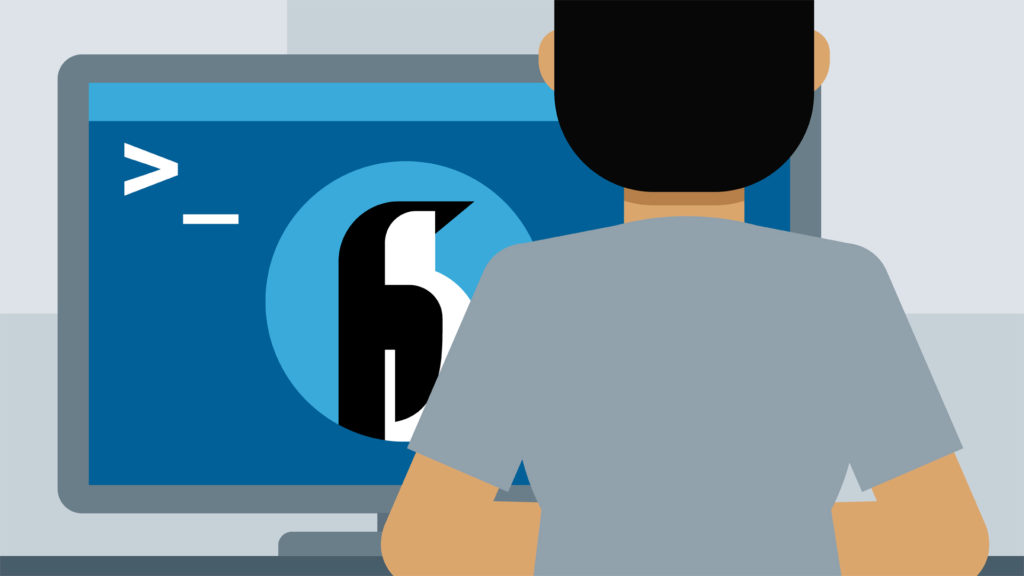
The fact that small and medium businesses have been rapidly switching to Linux has been discussed for quite a long time. Moreover, this trend was observed all over the world. However, even today there are those who are not so sure about the efficiency of Linux for small and medium sized enterprises. Is it really so? Let us try to find out.
Of course, the transition from the familiar to many users of the Windows environment can hardly be called easy. After all, few ordinary employees can understand the reason for the transition, and the desire to learn something new is often absent. However, the price becomes a decisive factor for the managers of most companies. And Linux has no competitors in this case.
Thus, according to Lars Kloppstek – manager at BID Equity – the low cost of installation and support of open source software like Linux and OpenOffice makes companies give up on Microsoft software. “It’s important to them that the software works and, most importantly, that it doesn’t cost too much”
But the benefits of Linux for business do not end with its cheapness. There are a number of advantages that make Linux stand out from its paid counterparts.
Benefits of Linux for Business
Reliability and security. Many people have heard that there are no viruses under Linux. Of course, this is a myth but it is based on truth. They do exist, but getting them on your system and doing what they want is a bit tricky. And it’s up to you personally, not the attackers. Hence another plus to the money-saving piggy bank – there is no need to purchase expensive anti-virus software.
Stability. One of the main advantages of Linux for business. Stable operation of the system without failures and the need for regular cleaning (those who work with Windows know what they mean) is the key to the stable operation of the company.
Flexible customization system. Companies that have already migrated to Linux note that for them the ability to flexibly configure and optimize the entire office workflow was a very important point in choosing the system.
A wide choice of software counterparts. Of course, not all the programs that we are used to working with in Windows have their own versions for Linux. However, a lot of very high quality Linux analogues have already been developed for this system. Software developers, too, seeing the trend of business migration towards open-source software, have been trying to develop new versions of their programs specifically for Linux. We also offer a Linux time tracking and employee productivity analysis software that will ensure your employees are always in control of their workflow.
Linux versions for small and medium businesses
There are many versions of Linux that you can use to do your job. But we will focus on three of them, which can be called the most common and convenient.
Ubuntu
Recently developers have moved away from the concept of a traditional desktop in favor of a cloud-based counterpart, making this system indispensable in companies whose activities are cloud-oriented.
Mint
The system is based on Ubuntu and is the most user-friendly. It is the best choice for switching the whole office to Linux. A flexible setup system and user-friendly interface will help to overcome the fear of a new distribution.
Debian
The ideal solution for server operation. Its main indicators are reliability and security. The only thing an organization will need is a specialist to maintain the system.
Choosing the system on which to base the IT support for your business is a very serious question. However, only you can give the answer to it when you have weighed up the pros and cons. We can only guarantee that our StaffCounter system will not let you down in any case.
You may also like:- Best Ways to Enhance Your Mouse Clicking Speed
- WorkTime: Reliable Time Tracking Software for Remote Team Success
- WallStreet Pepe: The Future of Meme-Driven DeFi with $WEPE Token
- Get Stunning Nails with Gel Nail Stickers from Lehmani
- A Complete Guide to Affordable Printing for Everyday Needs
- Benefits of Setting Up Identity Verification for Web and Mobile
- Crypto Coins That Wall Street Experts Predict 25,000% Gains by 2025!
- Unleashing the Flexibility of Windows VPS Hosting
- Platform Ladders in Warehouse Automation: Integration, Benefits, and ROI Analysis
- How Green Loans Are Revolutionizing Financing for Sustainable Tech Solution








